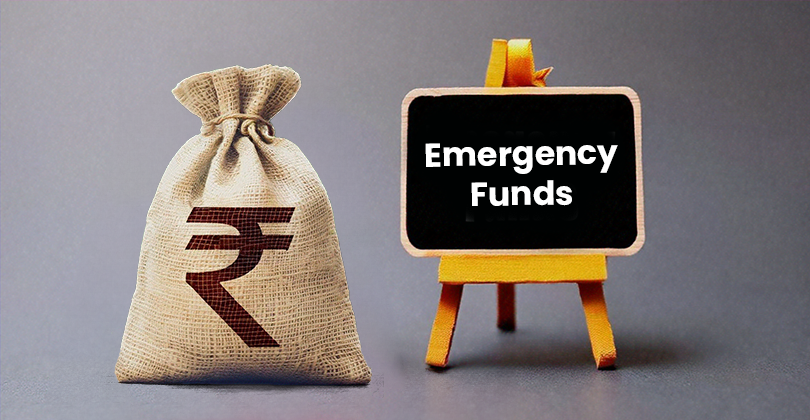Balancing finances is a real challenge, and even the most thorough financial plans can be tainted by unexpected circumstances. When encountering sudden expenditures such as
The coronavirus pandemic has led to numerous job losses and pay cuts for people across the globe. In one fell swoop, both start-ups and large corporations have had to let go of a significant portion of its workforce because of tremendous revenue losses due to the pandemic. While such a move wasn’t wholly unexpected, nobody could anticipate the situation to be as severe as it is. Losing a job or having to take a pay cut is also a challenging financial position to be in. Without the security of an assured monthly salary, even meeting routine expenses can become difficult. Take rent, for example. For everyone, especially young professionals living away from home, rent is one of the most significant monthly expenditures taking up to a third of your monthly income. If you don’t have enough money even to pay rent, what do you do? Should you use your credit card to pay rent? Here are three things to consider before doing so:
1.Clear Credit Card Bills On Time
As we all know, the RBI extended the three-month moratorium on term loans for a second time until August 31 in a press conference on May 22. Credit card payments are covered under this moratorium as well. If you’ve opted for the moratorium, you needn’t worry about incurring any late payment fees, as you can postpone your credit card dues for three months. Choosing to pay rent via credit card is convenient. Still, if you can’t clear your bills once the moratorium is over, then it will adversely affect Your credit score. This will make it difficult for you to avail bigger loans in future.
2.No Concession on Payments
If you have availed a small personal loan from a bank or a small loan app, please remember that the moratorium on your EMIs is not a concession of any kind. It is only a deferment of payment to provide you with some relief from any financial issues you may be facing. Unless you’re okay with your credit score taking a hit, you still need to pay your EMIs with the accrued interest once the moratorium period is over. This holds for your credit card dues as well. You also have to remember that if you choose to pay your interest using your credit card and have opted for the moratorium, this convenience comes at a high cost. Interest on your dues will accrue even during the moratorium.
3.No Direct Money Transfers Via Credit Cards
A credit card is usually used to transfer money or make payments either by swiping it at POS machines or for online transactions using web portals or payment gateway. There’s no direct way of transferring money using a credit card. So, unless your landlord has an authorised web portal linked to a payment gateway, the same holds for rent payments as well. You can use your credit card to load money into your Paytm account, (but only up to ₹10,000 in an entire month) and pay your landlord (but only if he/she accepts Paytm transfers). However, there are specific portals like RedGiraffe that connect banks (like HDFC and SBI) with landlords and allow you to pay rent using your credit card. However, you will have to pay convenience fees and GST as well.
Wrap Up
We hope you consider the three points mentioned above if you’re planning on paying rent using a credit card. The ideal situation would be to avoid this altogether and use it only as a last resort. If you’re unable to clear credit card bills after the moratorium, you incur steep penalties. Compare the cost and benefits and keep the outstanding balance on your card to a minimum. If you don’t want to use your credit card and would like to get a quick loan now, turn to KreditBee. Just download the KreditBee app from the Google Play Store, complete your profile, and leave the rest to us! To learn more, you can write to us at [email protected] or reach us at +080 44 292 200.
AUTHOR
KreditBee As a market leader in the Fintech industry, we strive to bring you the best information to help you manage finances better. These blogs aim to make complicated monetary matters a whole lot simpler.







